The SHIC-funded Domestic Swine Disease Surveillance Program was founded in 2017 with the goal of monitoring and reporting diagnostic data and trends of endemic diseases in US swine. Starting in September 2023, diagnostic data from the Indiana Animal Disease Diagnostic Laboratory at Purdue University will be included in the Swine Disease Reporting System. SDRS currently aggregates data from five veterinary diagnostic laboratories, including the Iowa State University VDL, University of Minnesota VDL, Kansas State University VDL, South Dakota State University ADRDL, and Ohio Animal Disease and Diagnostic Laboratory. With the addition of IADDL, the SDRS monthly report represents more than 96% of all swine samples submitted for testing across six VDLs in the US members of the National Animal Health Laboratory Network.
The Indiana Animal Disease Diagnostic Laboratory at Purdue is a Level 2 laboratory accredited by NAHLN. The project will begin by adding historical data from the lab per the protocol outlined in the SHIC-funded project. The next phase will add ongoing tests’ result data. Indiana ADDL producer and clientele anonymized data will be combined into a uniquely structured statistical database housed at the SDRS.
Including new veterinary diagnostic laboratories contributes to expanding the SDRS diagnostic test data by adding new regions. These acquisitions enhance the project’s representativeness and capability to rapidly identify emerging or re-emerging animal health threats, informing producers and veterinarians. Indiana stakeholders actively requested the inclusion of the Indiana ADDL at Purdue that annually receives over 5000 samples from hog farms in the state.
SDRS staff will continue working on data aggregation, data mining, interpretation, and summaries. Retrospective and prospective monitoring algorithms will be updated and revalidated to scan the agent-specific percentage of positive cases at an overall and state level for the states having cases tested at the Indiana ADDL at Purdue. Data will be shared daily via online dashboards along with monthly PDF, audio, and video reports. Monthly domestic disease monitoring reports are provided through the SHIC newsletter and published on the SHIC website.
The SDRS project, managed through the Iowa State University College of Veterinary Medicine, is the only publicly available source of swine health information from US animal disease labs including pathogen activity across all age groups, from boar studs to breeding herds to grow-finish pigs. The SDRS database contains information for for PCR based detection of seven porcine endemic agents (PRRSV, PEDV, PDCoV, TGEV, M hyo, PCV2, IAV, and IAV PCR subtyping information) and more than 1 million cases since 2006. Additionally, the SDRS also houses information for PRRSV ORF5 sequences classified by lineage and RFLP from participant labs. Confirmed porcine tissue disease diagnosis is also shared with the SDRS by the Iowa State University VDL. SDRS is positioned as one of the largest US and international databases for veterinary diagnostic information.
The Swine Health Information Center, launched in 2015 with Pork Checkoff funding, protects and enhances the health of the US swine herd by minimizing the impact of disease threats through preparedness, coordinated communications, global disease monitoring, analysis of swine health data, and targeted research investments. As a conduit of information and research, SHIC encourages sharing of its publications and research. Forward, reprint, and quote SHIC material freely. For more information, visit http://www.swinehealth.org or contact Dr. Paul Sundberg at [email protected] or Dr. Megan Niederwerder at [email protected].
Copyright 2025 | Swinehealth.org | Website by Heartland Marketing Group